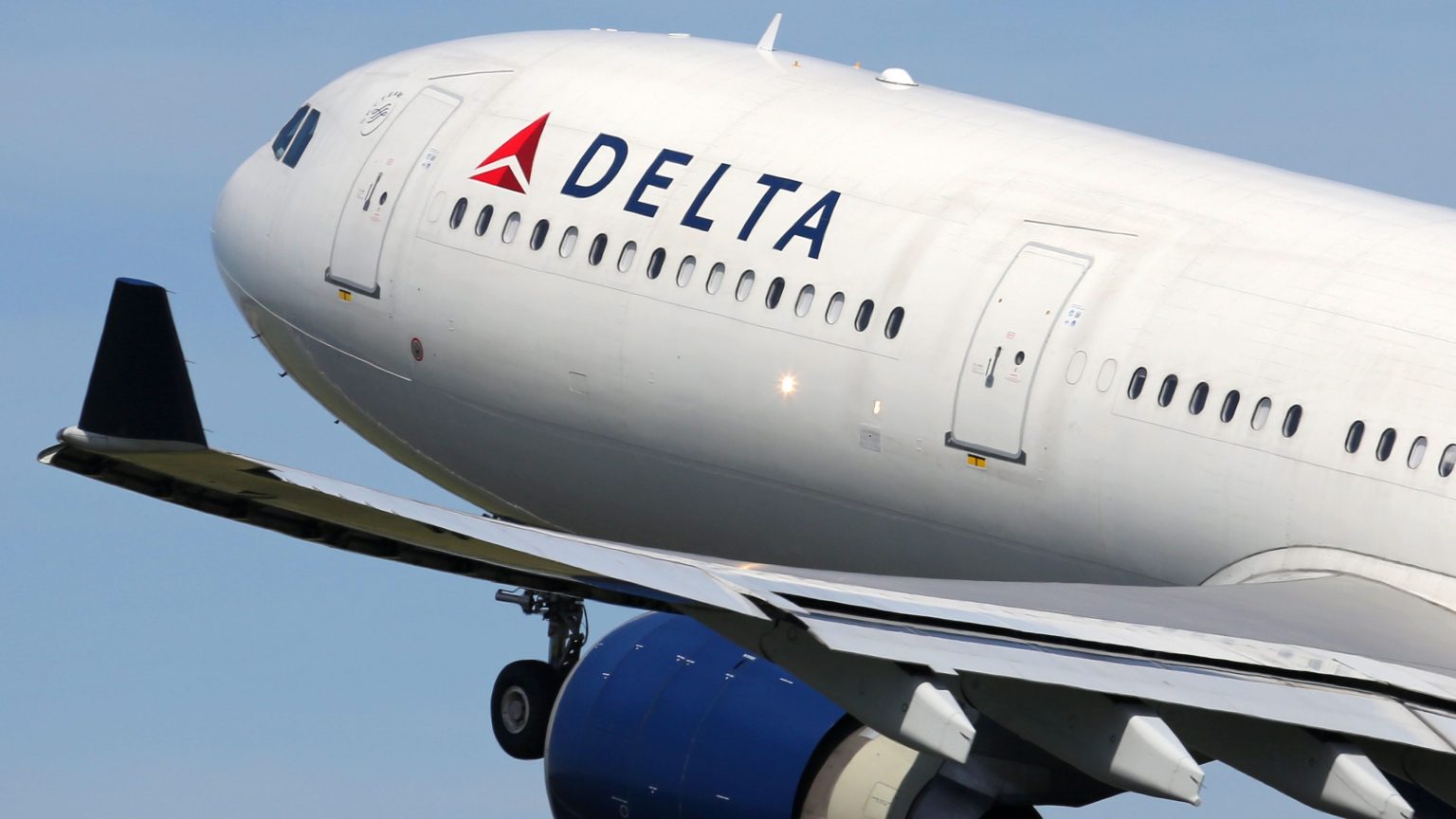On Friday morning, a Delta Air Lines Boeing 757-300 aircraft, operating as Flight 2668, experienced an aborted takeoff at Hartsfield-Jackson Atlanta International Airport (ATL). The aircraft, carrying 201 passengers, two pilots, and five flight attendants, was scheduled to depart for Minneapolis-St. Paul International Airport (MSP). During the takeoff roll, an engine issue was indicated, prompting the flight crew to execute established procedures for suspending takeoff. As a precautionary measure, passengers were evacuated from the aircraft using emergency slides. Four passengers reported minor injuries following the evacuation. This incident, coupled with ongoing severe weather, resulted in operational delays at ATL.
The aborted takeoff underscored the critical role of established safety protocols in aviation. The flight crew’s swift response to the engine indication prevented a potentially more serious incident. Their adherence to procedures allowed for a controlled stop and the safe evacuation of all passengers and crew. The use of emergency slides, while sometimes resulting in minor injuries, ensures a rapid exit from the aircraft in situations where time is of the essence. The incident also highlighted the importance of continuous training and drills for flight crews to maintain proficiency in handling such emergencies.
The immediate aftermath of the aborted takeoff involved a coordinated response from airport authorities, emergency services, and Delta Air Lines personnel. Medical teams were on hand to assess and treat the four passengers who sustained minor injuries. Simultaneously, efforts were underway to clear the affected runway and aircraft to minimize disruption to airport operations. Delta Air Lines initiated procedures to accommodate the affected passengers, working to rebook them on alternative flights to their intended destination, Minneapolis-St. Paul. The airline also provided support and assistance to passengers dealing with the aftermath of the evacuation.
Delta Air Lines emphasized its commitment to passenger safety in its official statement, reiterating that nothing is more important than the well-being of its customers and crew. The airline apologized for the disruption and inconvenience caused by the incident. The statement also affirmed the airline’s dedication to providing support to the affected passengers and ensuring their safe and expeditious arrival at their final destinations. The airline’s focus on safety and customer care became paramount in the aftermath of the event.
Hartsfield-Jackson Atlanta International Airport, one of the world’s busiest airports, experienced operational delays due to the combination of the aborted takeoff and the prevailing severe weather conditions. The incident temporarily impacted runway availability, leading to adjustments in flight schedules. Airport authorities worked diligently to mitigate the effects of the delays, coordinating with airlines to manage air traffic flow and minimize disruption to passengers. The incident underscored the challenges faced by major airports in managing unforeseen events while maintaining operational efficiency and passenger safety.
The incident involving Delta Flight 2668 serves as a reminder of the inherent complexities of air travel. A combination of factors, including mechanical issues, weather conditions, and human actions, can contribute to unforeseen events. The incident reinforces the importance of robust safety protocols, comprehensive training for flight crews, and efficient emergency response systems. It also highlights the critical role of clear communication between airlines, airport authorities, and passengers in managing such situations effectively. As investigations into the specific cause of the engine indication continue, the incident provides valuable insights for enhancing aviation safety and operational procedures.

